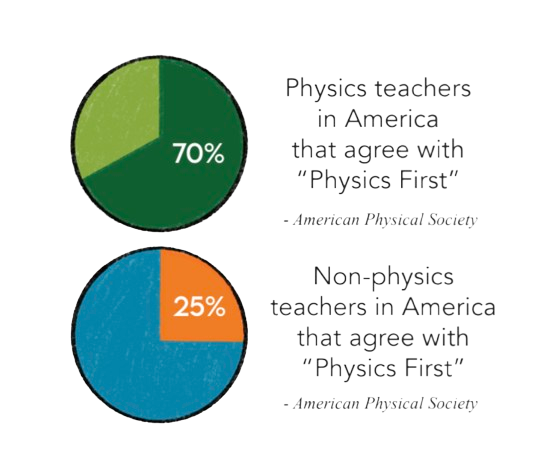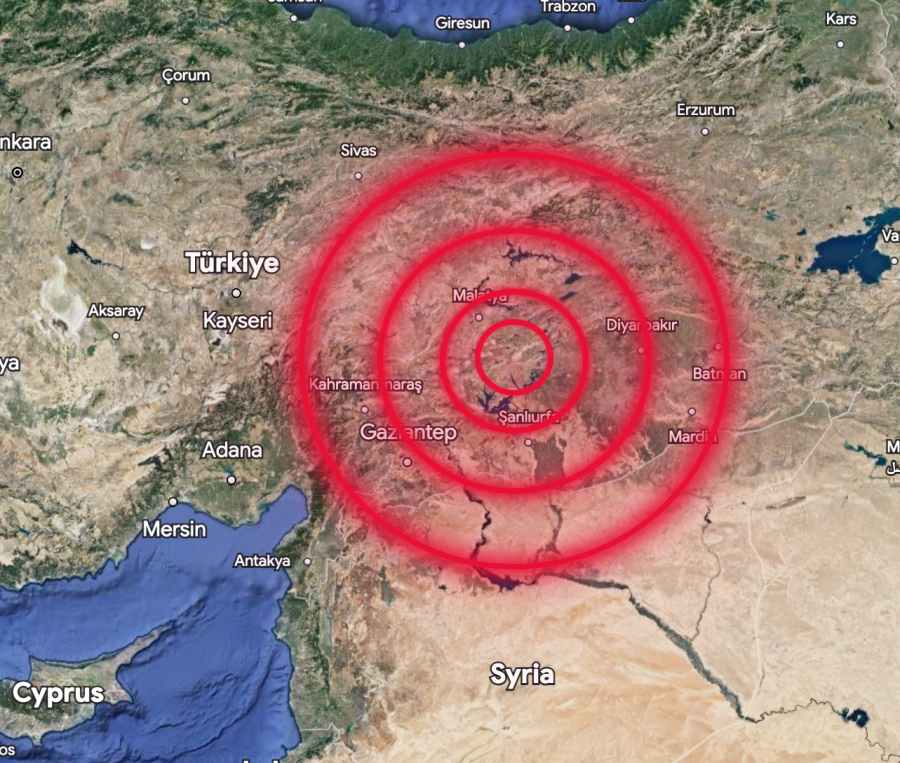Powerful Earthquake Strikes Turkey and Syria
The natural disaster has taken more than 47,000 lives
Image Courtesy of Nikoletta Kuvaeva ’25
Design and graphics by Nikoletta Kuvaeva ’25
On February 6, 2023, two massive earthquakes shook Turkey and Syria. The 7.8 and 7.6 magnitude earthquakes struck southeast Turkey and killed an estimated 47,000 people. Approximately one million were left homeless following the earthquakes.
Occurring early in the morning, the first and strongest earthquake struck at 4:17 a.m. and buildings started to fall, crushing the people inside them.
This earthquake was among the most intense in the region’s recorded history. The area the earthquake affected was roughly the size of France and had around 5,000 aftershocks, some with almost the same intensity as the earthquake itself.
On Monday, February 20, 2023, two earthquakes struck again, bringing with them another wave of devastation; a 6.3 magnitude earthquake on the Turkey-Syria border was quickly followed by a 5.8 aftershock.
The history of destructive earthquakes in Turkey seems to be repeating itself. In 1999, an earthquake of 7.4 magnitude killed 17,000 people. The government, unfortunately, failed to adhere to safety and construction codes, leaving the country unprepared to face disasters of such scale.
According to CNN, “The Turkish government had regularly allowed for so-called ‘construction amnesties’ – essentially legal exemptions that, for a fee, allowed for projects without the necessary safety requirements.” This is one of the leading reasons for the major collapse of buildings and the high death toll in 1999.
Since then, new preparatory measures and stricter construction regulations have been implemented in order to make buildings more earthquake-proof. However, enforcement is inconsistent, funding for new measures was misdirected, and amnesties persist.
In Syria, the earthquake adds another layer of tragedy and destruction to an already devastating humanitarian crisis triggered by political upheaval and civil war. According to the United Nations, in the parts of Syria that were most severely affected by the earthquake, more than four million people were already reliant on humanitarian aid.
There are currently not enough rescuers to help earthquake victims both in Turkey and in Syria, but fortunately, countries around them are sending help and funds for resources. Questions remain about how many lives were lost, how long rebuilding will take, and how costly reconstruction will be, but there is no doubt this tragic event will leave a lasting impact on the region for years to come.
































